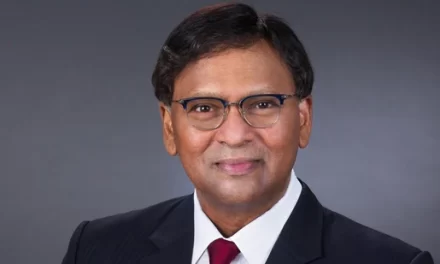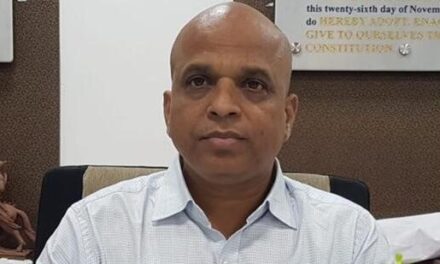The G20 Summit, hosted by India in New Delhi from September 9-10, has garnered significant attention and anticipation on the global stage. This prestigious gathering of world leaders, representing 85% of the world’s GDP and 80% of global emissions, is set to address a wide array of pressing global issues. As the summit approaches, several noteworthy developments and preparations have taken center stage.
Key Themes and Agenda for G20 Summit
The G20 Summit’s overarching theme, “One Earth, One Family, One Future,” reflects a concerted effort to shift towards a human-centric view of the world. This theme underscores the importance of considering the well-being of people over GDP-centric perspectives. Indian Prime Minister Narendra Modi emphasized this paradigm shift, asserting that the G20 has evolved into a “people-driven movement.”

Climate Change and Energy Transition in G20 Summit
Climate change remains a focal point of discussions at the G20 Summit. There are high hopes for significant outcomes in terms of climate action and energy transition. The summit aims to secure consensus on multilateral development bank (MDB) reforms and address the phasing down of unabated fossil fuels. However, reaching consensus on these critical issues has proven challenging in the lead-up to the summit.
India’s ambition to secure an agreement on fossil fuel phase-down has faced opposition, notably from Saudi Arabia. The G7 nations have previously committed to speeding up the phase-out of fossil fuels. While the phase-down of fossil fuels is seen as inevitable, it hinges on a substantial increase in renewable energy capacity worldwide.
Global Supply Chain Resilience
Another significant area of focus is the importance of resilience and reliability in global supply chains. The COVID-19 pandemic exposed vulnerabilities in supply chains, prompting the need for reform and increased resilience. This topic aligns with India’s efforts to enhance the resilience of supply chains, particularly in the context of the pharmaceutical and technology sectors.
Multilateralism and Institutional Reforms
The G20 Summit also emphasizes the importance of multilateralism and the need for reforming global institutions. This call for reform seeks to ensure that global institutions are representative and responsive to the needs of all nations. It reflects the collective desire to strengthen the framework of international cooperation.
Prominent Attendees and Expectations
The summit is expected to witness the presence of influential world leaders, including U.S. President Joe Biden, British Prime Minister Rishi Sunak, Saudi Crown Prince Mohammed Bin Salman, Canadian Prime Minister Justin Trudeau, and Japanese Prime Minister Fumio Kishida, among others. The participation of these leaders underscores the global significance of the G20 Summit.

Preparations and Logistics for G20 Summit
India has taken extensive measures to ensure the success of the summit. The Bharat Mandapam Convention Centre at Pragati Maidan in New Delhi serves as the venue for this high-profile event. The city of Delhi has undergone beautification efforts, including the installation of murals, statues, fountains, and greenery along the routes the world leaders will traverse.

To manage the influx of leaders and delegates, Delhi authorities have implemented traffic and security measures. Schools, colleges, and offices in the city will remain closed for three days during the summit. Additionally, various restrictions on vehicle movements have been imposed to facilitate the smooth flow of dignitaries.
Inclusive Approach
India’s approach to the G20 Summit has been marked by inclusivity and a commitment to amplifying the voices of all nations. The theme “One Earth, One Family, One Future” underscores the interconnectedness of global challenges and the need for collective action. India’s leadership in fostering this inclusive approach is evident in its efforts to accommodate guest countries like Mauritius and engage with nations from diverse backgrounds.
Conclusion
In conclusion, the G20 Summit in India is poised to address crucial global issues, ranging from climate change and energy transition to supply chain resilience and institutional reforms. As world leaders gather in New Delhi, the summit represents an opportunity to shape a more equitable and sustainable future for all. India’s emphasis on a people-centric approach and inclusive dialogue will play a pivotal role in guiding the direction of this significant international forum.
Stay tuned for updates and outcomes from this consequential gathering of global leaders at the G20 Summit.






Recent Comments